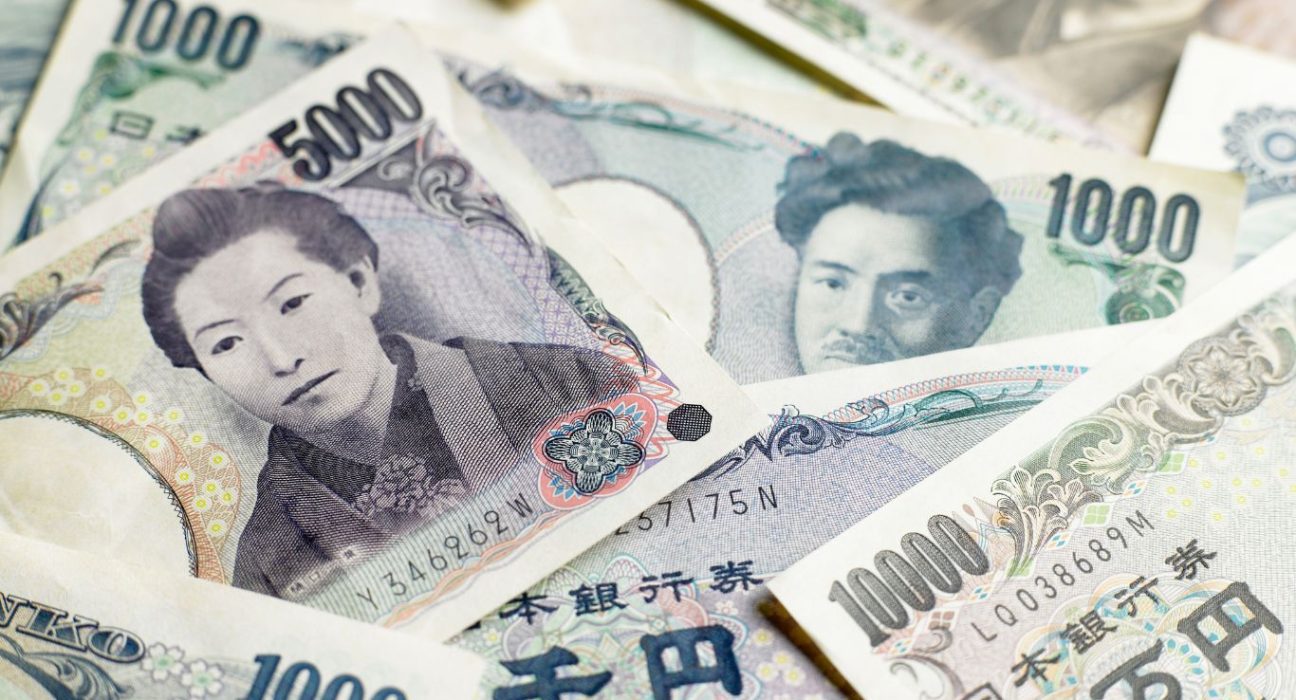Introduction
The Japanese yen regained some lost ground as Asian currencies made gains due to growing safe-haven demand. As markets fret over worsening economic conditions, investors are turning to safe-haven assets, including the Japanese yen.
What is Safe-Haven Demand?
Safe-haven demand refers to the increase in demand for assets that are considered safe and stable during times of economic uncertainty. During periods of market volatility, investors flock to safe-haven assets, such as gold, government bonds, and certain currencies, as a way to protect their investments from market turbulence.
Japanese Yen as a Safe-Haven Currency
The Japanese yen has long been considered a safe-haven currency. The country has a large current account surplus, low inflation, and a stable political environment, which makes the yen an attractive asset for investors during times of market turmoil.
In addition, the Bank of Japan (BOJ) has a reputation for being cautious and conservative with its monetary policy, which has helped to maintain stability in the Japanese economy. The BOJ has also been known to intervene in the currency market to prevent the yen from appreciating too much, which can negatively impact the country’s export sector.
Recent Market Conditions in Asia
In recent months, the economic outlook for many Asian countries has become increasingly uncertain. The ongoing trade tensions between the United States and China, coupled with the impact of the COVID-19 pandemic, has led to a slowdown in economic growth in the region.
As a result, investors have become increasingly risk-averse, turning to safe-haven assets like the Japanese yen. This has helped to boost the value of the yen against other currencies in the region.
Impact on Other Currencies
The strengthening of the Japanese yen has had a mixed impact on other currencies in the region. On the one hand, it has helped to lift other safe-haven currencies, such as the Swiss franc, which has also seen gains in recent months.
On the other hand, the strengthening of the yen has made it more difficult for other Asian countries to compete in the global market. A stronger yen makes Japanese exports more expensive, which can lead to a decline in demand for goods and services from other countries in the region.
Conclusion
In conclusion, the recent increase in safe-haven demand has led to a boost in the value of the Japanese yen. As the economic outlook for many Asian countries remains uncertain, investors are turning to safe-haven assets to protect their investments.
While the yen’s strength may have a negative impact on other currencies in the region, it is a sign of the currency’s stability and attractiveness as a safe-haven asset. As long as economic uncertainty persists, it is likely that the yen will continue to be a popular choice for investors seeking a safe place to store their money.










